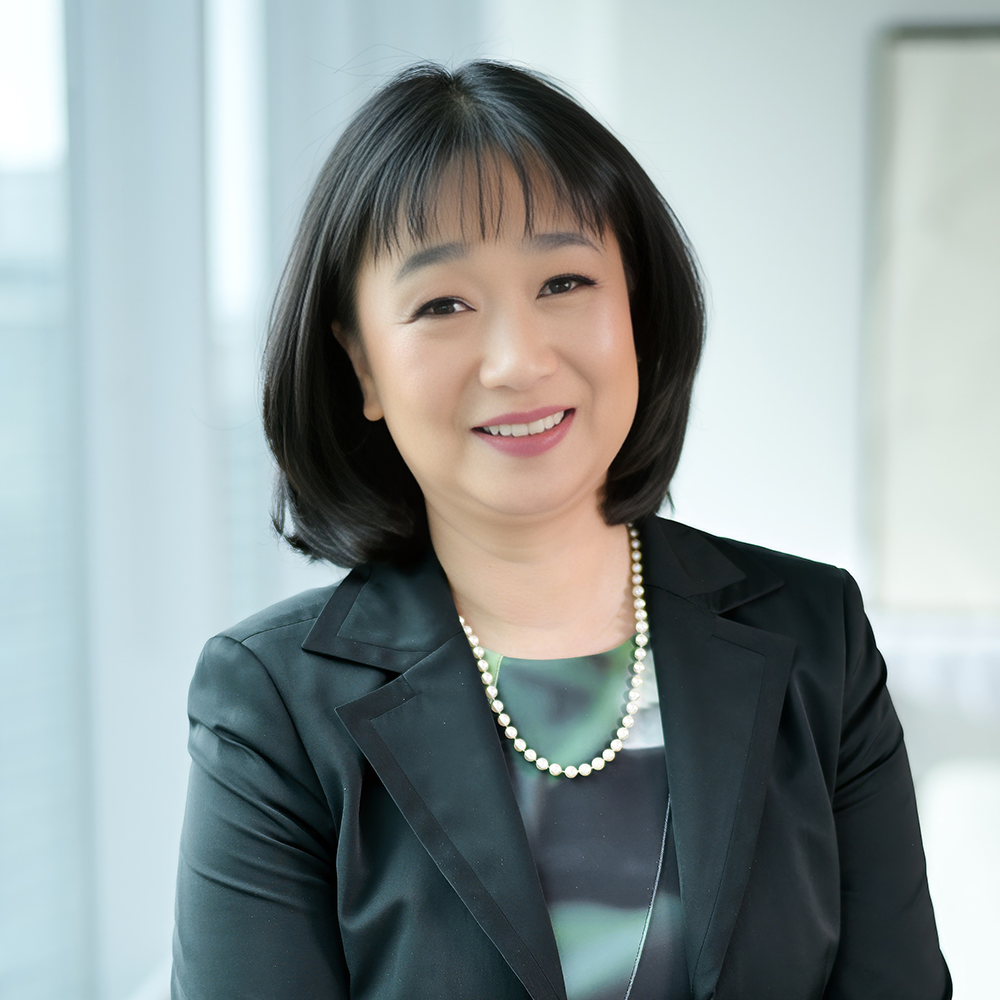This past September, thousands of young women walked into business schools across Canada. They bring with them not only ambition, but the potential to transform the future of finance, business, and institutional investment.
The Forté Foundation reports that women now make up 42 per cent of students in top MBA programs across the U.S., Europe, and Canada, which is up from just 34 per cent in 2020. This is not a passing trend. It is meaningful progress. Business and financial education offers a very important skill set that everyone, regardless of gender, should have access to.
For women, business education has the power to unlock doors that were closed for far too long. It creates pathways to careers that are both financially rewarding and profoundly empowering. I have seen this firsthand in institutional investing, a field once dominated almost entirely by men.
When I began my career over thirty years ago, few women held senior roles, and even fewer offered a model for what was possible. In my first role after university, I was the only woman in my year hired into a trading seat at a global investment bank. I was proud to be there and knew I had earned my place. Yet more than once, I was mistaken for someone in sales, not because of my work but because of who I was. At the time, sales was “where women worked.” Those moments were a quiet reminder that even when you’ve earned your seat, you are still asked to prove you belong.
Along the way, I built a handful of relationships that changed the course of my career. I learned to navigate a world not built with me in mind by asking questions, taking risks, and learning from my mistakes. What sustained me was not only determination, but the mentors who offered guidance and the sponsors who stood behind me. They did more than advise; they advocated. They spoke my name in rooms I wasn’t in, they vouched for me, and they opened doors I could not have opened alone. Their belief taught me an enduring truth: hard work is essential, but none of us rises by effort alone. We rise because others choose to lift us up.
That is the impact of sponsorship. Mentorship shares wisdom, while sponsorship is about sharing power. It is when someone commits their reputation to elevate someone else. If we want to see real progress, women need more than just degrees. Sometimes, all it takes is one person investing in someone’s future, recognizing their potential and helping them navigate the unwritten rules of the industry.
But here is the uncomfortable truth: people often tend to sponsor those who look like them, who went to the same schools, who feel familiar. That is human nature, but it is also a barrier. Talented people get left out. If we are serious about developing the best of the best, we must remove these barriers. True sponsorship requires the boldness to challenge assumptions about who belongs.
To my peers, especially senior women in business and finance, we carry a unique responsibility. We know what it took to get here. Now it is our turn to make the path smoother, shorter, and less solitary for those who will follow. Look around your organization. Who is ready for more? Who is doing the work but not getting the visibility? Find her. Sponsor her. Champion her. Because true leadership is not measured by the doors you walk through—it is measured by the doors you hold open for others.
This article was originally published in Benefits & Pensions Monitor.
About the author

Jennifer Shum
Senior Managing Director, Structured & Private Credit
Jennifer Shum is Senior Managing Director, Structured & Private Credit. She leads the team responsible for investing globally in structured products and private credit. Since joining HOOPP in 2012, she has led the expansion of the credit portfolio in asset investing and origination across finance markets, including commercial and residential mortgages, consumer asset classes, private credit opportunities, transportation debt and digital technology assets.